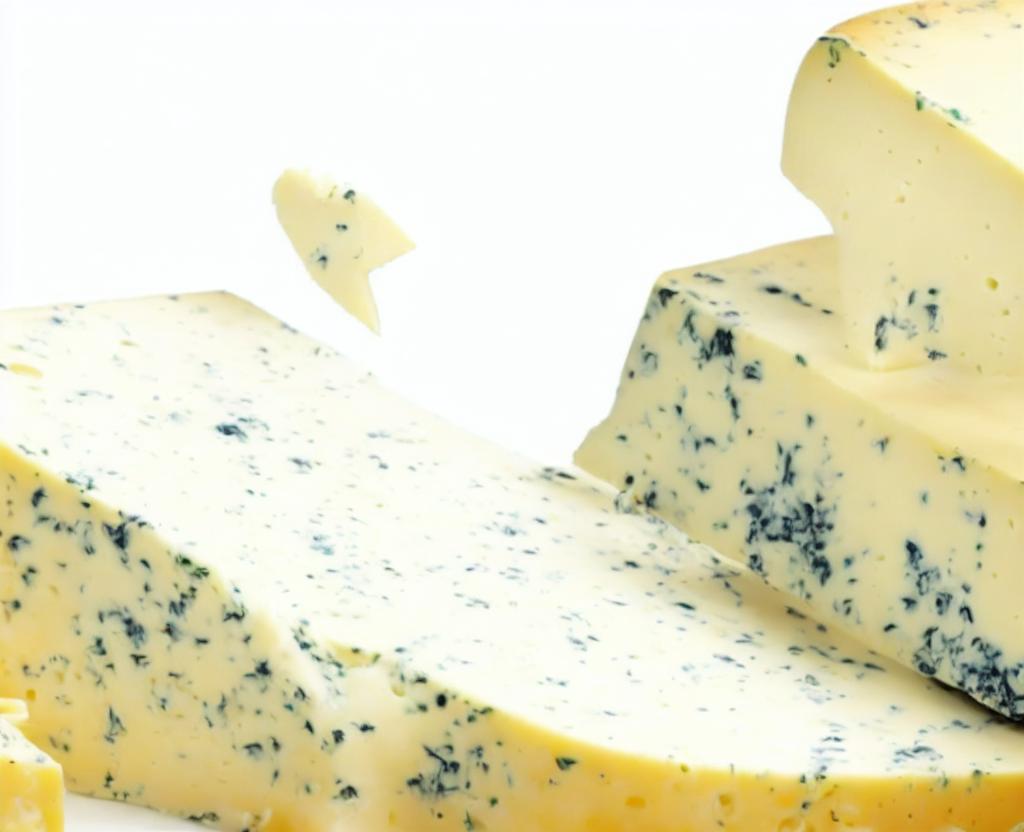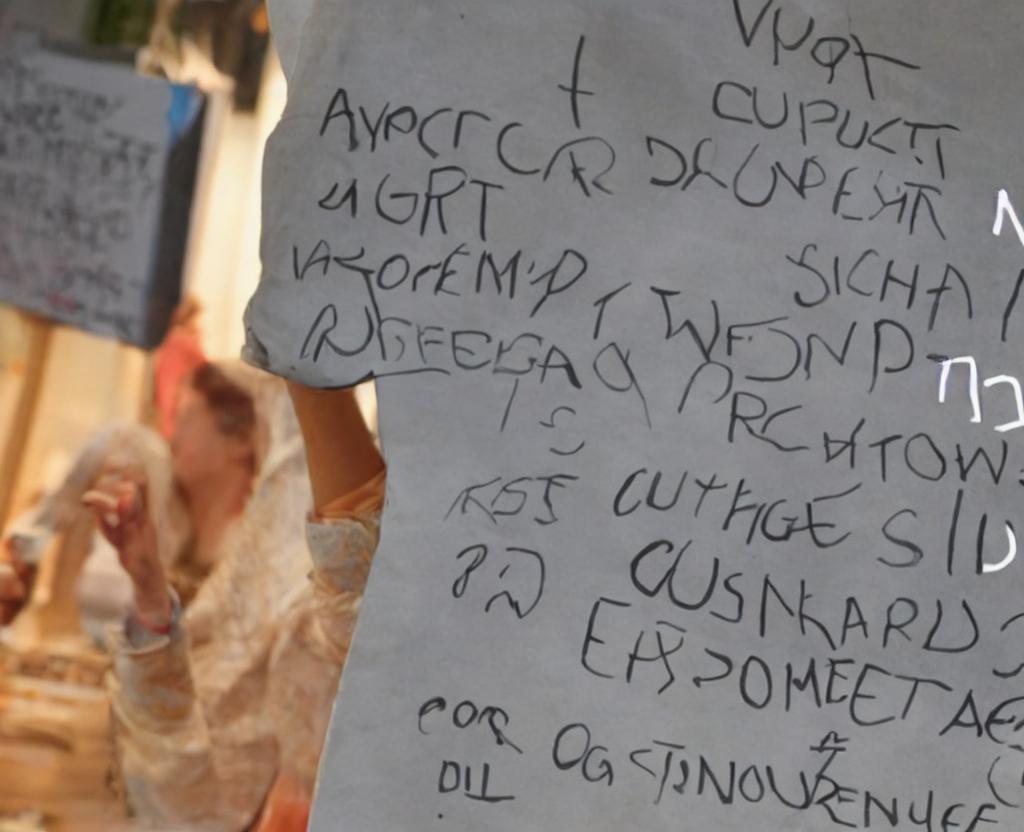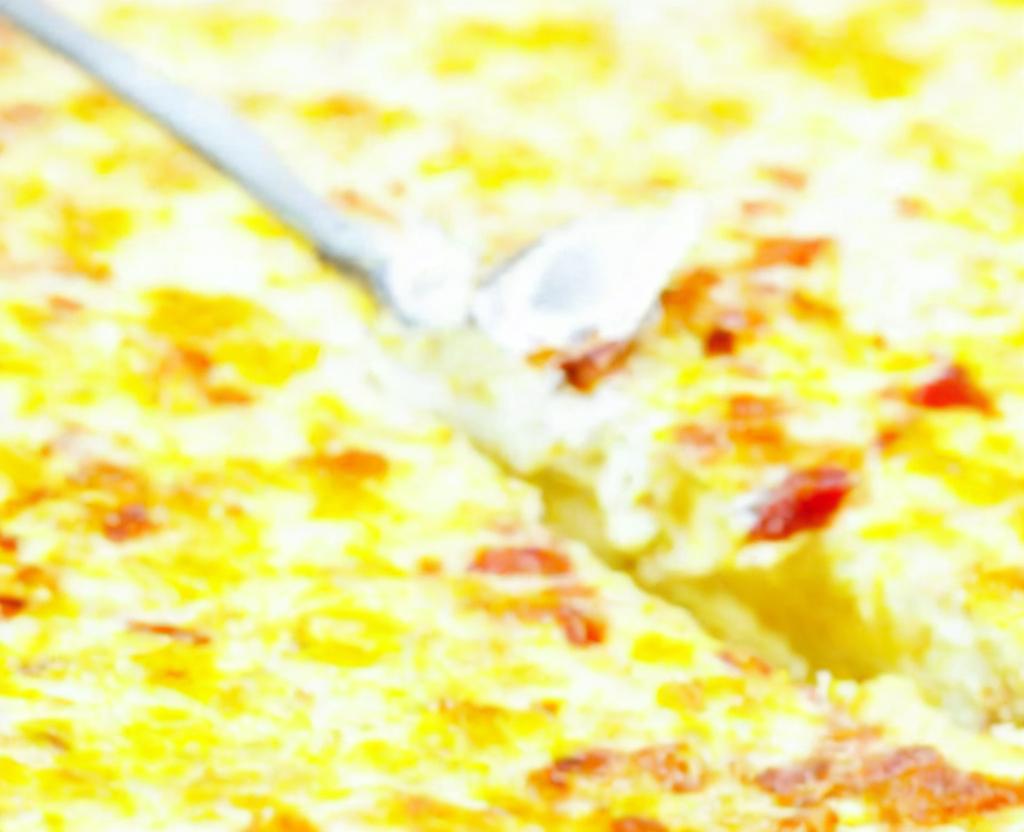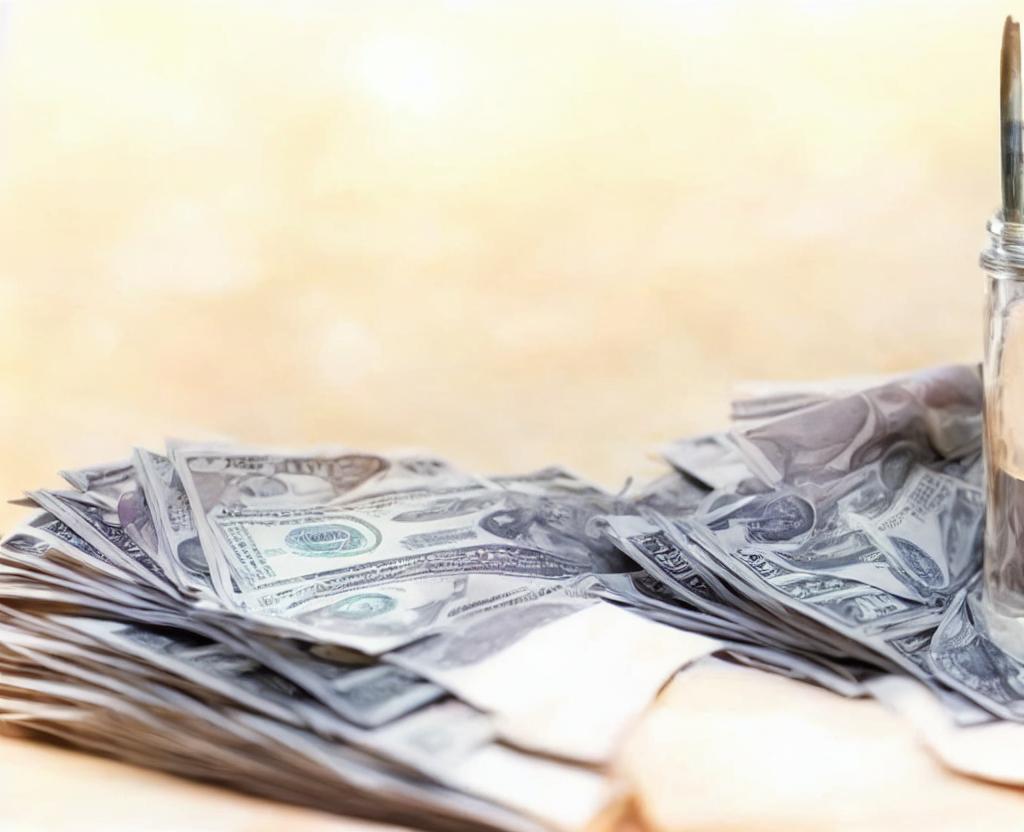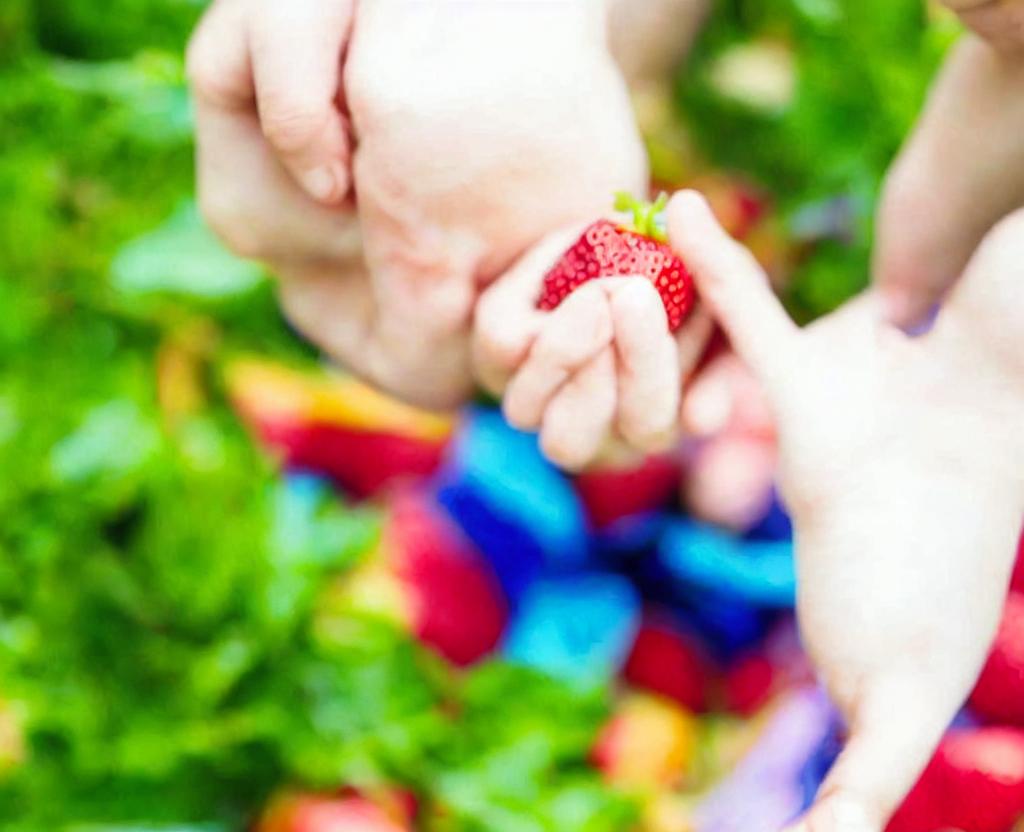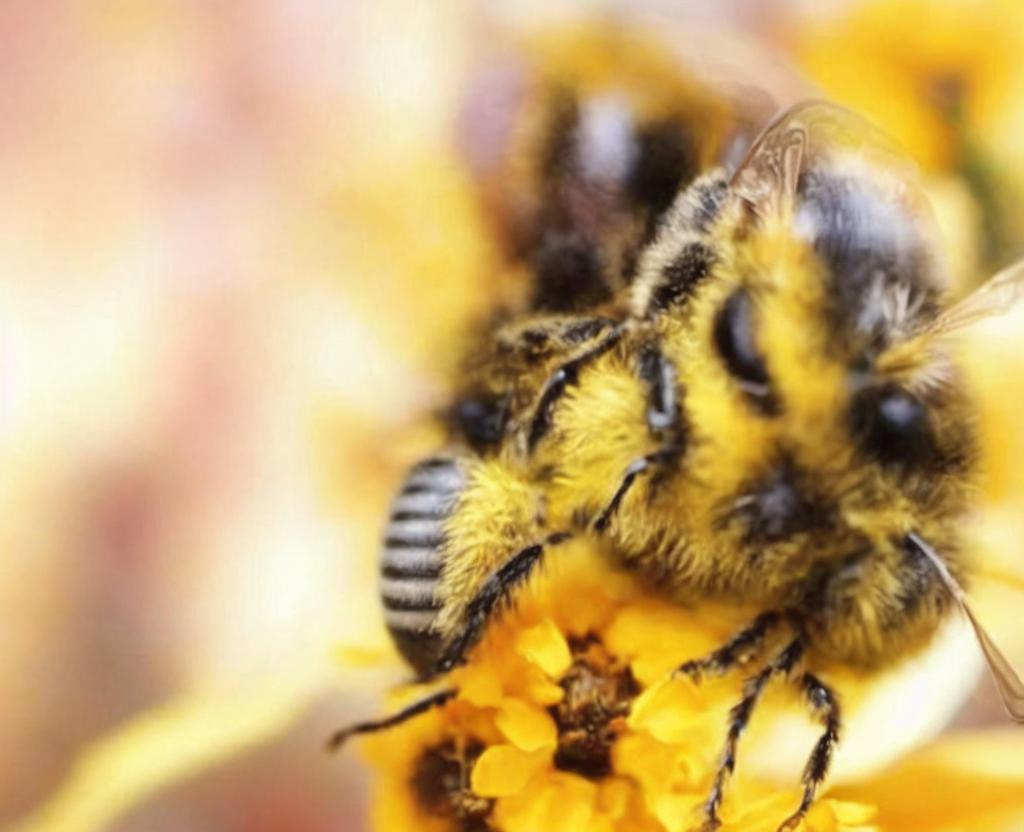
Every year, World Bee Day is observed on May 20. The aim of the international day is to highlight the contributions of bees and other pollinators to the ecosystem.
The global public will continue to emphasize the importance of preserving honey bees and other pollinators every year on this day. People will be reminded of the importance of bees in meeting human needs.
Did you know: 1.Though bees have joinedted legs, they do not have anything like a kneecap and therefore do not have knees, and therefore do not have knees. 2. 2. Honey has antiseptic properties, has been used as a dressing for wounds, and as a first aid treatment for burns and cuts. 3. The body is able to digest honey's natural fruit sugars, fructose and glucose.. This is why sportsmen and athletes use honey to give them a natural energy boost. 4. 4. Beekeeping has existed for at least 4,500 years. 5. Bees must nectar from two million flowers to make one pound of honey. 6. To make one pound of honey, one bee must fly 90,000 miles – three times around the world – to produce one pound of honey. In its lifetime, the average bee will produce only 1/12th of a teaspoon of honey. 8. On a collection trip, A honey bee visits 50 to 100 flowers. 9.9. A honey bee can fly for up to six miles and as fast as 15 miles per hour. The honey bee can fly as fast as 15 miles per hour. 10. Bees communicate by dancing.
- Visit beekeepers to get to know the job. The work is fascinating
- Make and set up a bee and other pollinators farm in your home garden, yard, terrace, etc
- Have a bee breakfast that includes honey and other hive items
- On balconies, terraces, and gardens, plant nectar-bearing flowers for decorative purposes
- From your nearest local beekeeper, you can buy honey and other hive items
- Make it yourself or buy at any home furnishings store to start a pollinator farm on your balcony, terrace, or garden. Set up a pollinator farm on your balcony, terrace, or garden
- Preserve old meadows – which feature a more diverse collection of flowers – and sow nectar-bearing plants – which include a more diverse variety of flowers. a.k.a
- Only after the nectar-bearing plants have bloomed, cut grass on meadows. t
- Provide suitable farming locations for the temporary or permanent settlement of bees so that they have suitable pasture; as a result, they will pollinate our plants, which will then yield more fruit.
- Bees are not hurt by bees, so use pesticides that do not harm bees and spray them in windless weather, either early in the morning or late at night, as bees are released from blossoms
- Plant bee-friendly shrubs or flowers in your garden. In your garden, plant bee-friendly shrubs or flowers
- With bee motifs, dress up as a bee/wear clothing with bee motifs
- Support for a beekeeping/environmental charity. The support of a beekeeping/environmental charity
- Bee joke competitions are organized in the United States
- Alert all your contacts on social media to World Bee Awareness Day. Alert all your contacts on social media to World Bee Awareness Day
For more details, please visit World Bee Day or gardening-for-bees. To post on social media, use #WorldBeeDay to post..
History
Slovenian Anton Jan Jan Jana, the beekeeping pioneer, was born in 1734 on this day. Beekeeping is taken so seriously in Slovenia that the country's unofficial motto is "Land of the Good Beekeepers." The country produces gourmet honey, provides beekeeping tourism, and likes to point out that the Slovenes – the country's richest Slavic nation – gets its work ethic from the honey bee.
In the northern hemisphere, the demand for pollination is highest during that time period, and in the southern hemisphere it is a time for harvesting honey and bee products.
On September 15th, 2014, the idea for a World Bee Day was born. an Noc was driving to work at The Slovenian Beekeeper's Association, where he is president, listening to a radio show about World Days and their meanings, and wondering why beekeepers didn't have their own day. Given that every third spoonful of the world's food is reliant on bees and other pollinators, and that bees and other pollinators are increasingly endangered, and that bees and other pollinators are increasingly vulnerable, and that human intervention and assistance are almost impossible to survive without human intervention and assistance, it was only right that the global public be made aware.
RELEVANT OBSERVANCES
- National Pollinators Month is approaching
- National Prairie Day
- International Bat Appreciation Day is the International Bat Appreciation Day
- national holiday in the United States. Seeing Monarchs Day is the National Start Seeing Monarchs Day
